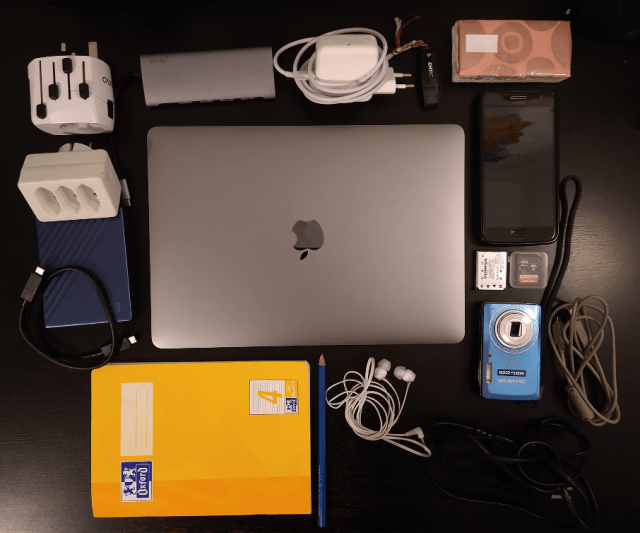I recently asked the (white) teacher candidates in my doctoral study, “How would you define social justice?”


I recently asked the (white) teacher candidates in my doctoral study, “How would you define social justice?”

In memory of the pre-pandemic world, when historians were still able to conduct archival research, I created a checklist based on my own experience.

Many poor Black people lived, worked, and died to bring about modern industries such as oil in Brazil. Mr. João de Deus’ life story hopefully sheds light on these experiences.

“Don’t travel at night, don’t travel by car, and don’t travel out of the city,” the warning of the Department of State repeated over and over in my head as we zipped along the small highway in darkness.